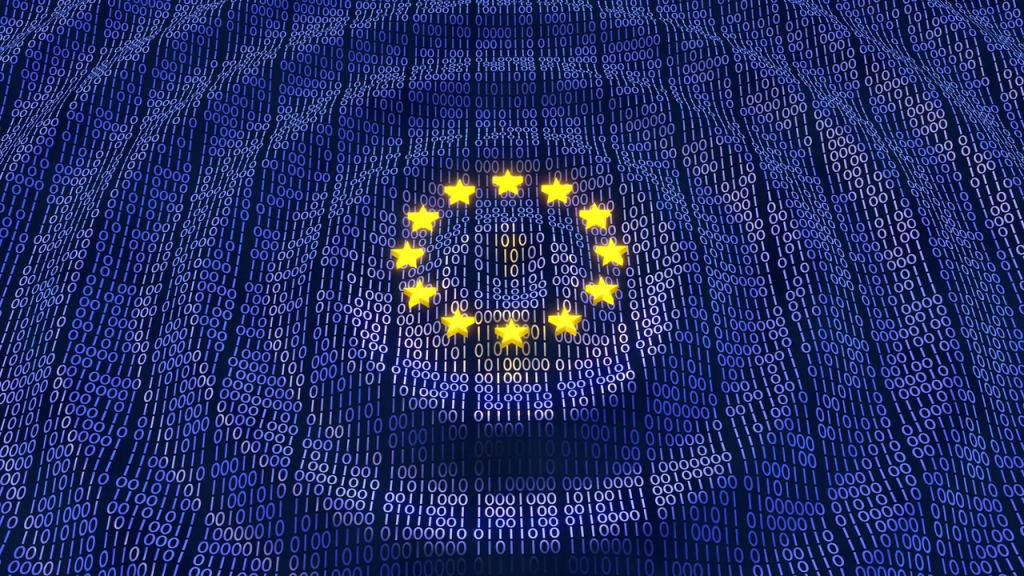In an increasingly interconnected world, data has become one of the most valuable assets. It powers the digital economy, fuels innovation, and has the potential to transform the way we live and work. However, with great power comes great responsibility, and the European Union (EU) has long been at the forefront of ensuring that data protection is prioritized and safeguarded. As we look towards the future in the EU, it is essential to explore how data protection is evolving to meet the challenges of the digital age.
The GDPR: A Landmark in Data Protection
The General Data Protection Regulation (GDPR), implemented in May 2018, stands as a landmark in the world of data protection. It ushered in a new era of data privacy, giving individuals greater control over their personal information. The GDPR provided a comprehensive framework for data protection, including clear rules for data processing, breach notification, and consent.
Under the GDPR, EU citizens have the right to know how their data is being used, the right to access and rectify their data, and the right to be forgotten. Companies handling personal data are required to obtain explicit consent and to put in place stringent security measures to protect that data. Failure to comply with the GDPR can result in substantial fines, which serve as a powerful deterrent against data mishandling.
Data Protection in the Digital Age
As we move forward in the EU, data protection faces new challenges and opportunities. The digital age has ushered in a data revolution, with the proliferation of IoT devices, artificial intelligence, and big data analytics. While these advancements hold immense promise, they also raise concerns about data privacy and security.
One significant challenge is the growing volume of personal data being generated and collected. With smart homes, wearable devices, and online services, our lives are increasingly intertwined with digital platforms. This proliferation of data makes it more crucial than ever to have robust regulations in place.
The Future of Data Protection in the EU
The EU has a history of adaptability when it comes to data protection, and the future is no exception. Here are some key aspects of data protection in the EU’s future:
1. Expanding the Scope: The EU is considering expanding the scope of the GDPR to cover emerging technologies and data practices. This means that not only personal information but also data generated by machines and devices may fall under its purview.
2. Data Sovereignty: The EU is exploring the concept of data sovereignty, giving individuals more control over where their data is stored and processed. This could lead to a more decentralized approach to data management.
3. Enhanced Cross-Border Cooperation: As data flows across borders, cooperation with other countries and regions is vital. The EU is working to establish data transfer agreements with various countries, ensuring a harmonized approach to data protection on a global scale.
4. Stricter Enforcement: The EU remains committed to enforcing data protection laws rigorously. Companies that handle personal data must invest in robust security measures and stay updated with evolving regulations.
5. Ethical Use of AI: With the rapid development of artificial intelligence, the EU is focusing on ensuring that AI is developed and used in an ethical and responsible manner. This includes addressing biases and ensuring transparency in AI decision-making processes.
The Importance of Data Protection for Businesses
For businesses operating in the EU, data protection is not just a legal requirement but a competitive advantage. Companies that prioritize data privacy build trust with their customers, which can lead to stronger brand loyalty. Additionally, by adhering to data protection regulations, businesses can avoid costly fines and legal disputes.
Data breaches and mishandling incidents can have severe repercussions on a company’s reputation and bottom line. Therefore, investing in robust data protection practices and staying up to date with the latest regulations is essential.
In Conclusion
Data protection in the EU is an evolving landscape, shaped by the rapid advances in technology and the changing nature of data. As we look to the future, the EU remains committed to safeguarding the privacy and rights of its citizens. This commitment extends to the responsible and ethical use of data in an increasingly digital world.
For businesses, compliance with data protection regulations is not just a legal obligation but a means of building trust and enhancing their competitiveness. In the EU, the future of data protection is bright, as it continues to adapt to the challenges and opportunities of the digital age.
To stay ahead in this dynamic environment, businesses must remain vigilant, prioritize data protection, and work towards a future where data privacy is upheld as a fundamental right.

